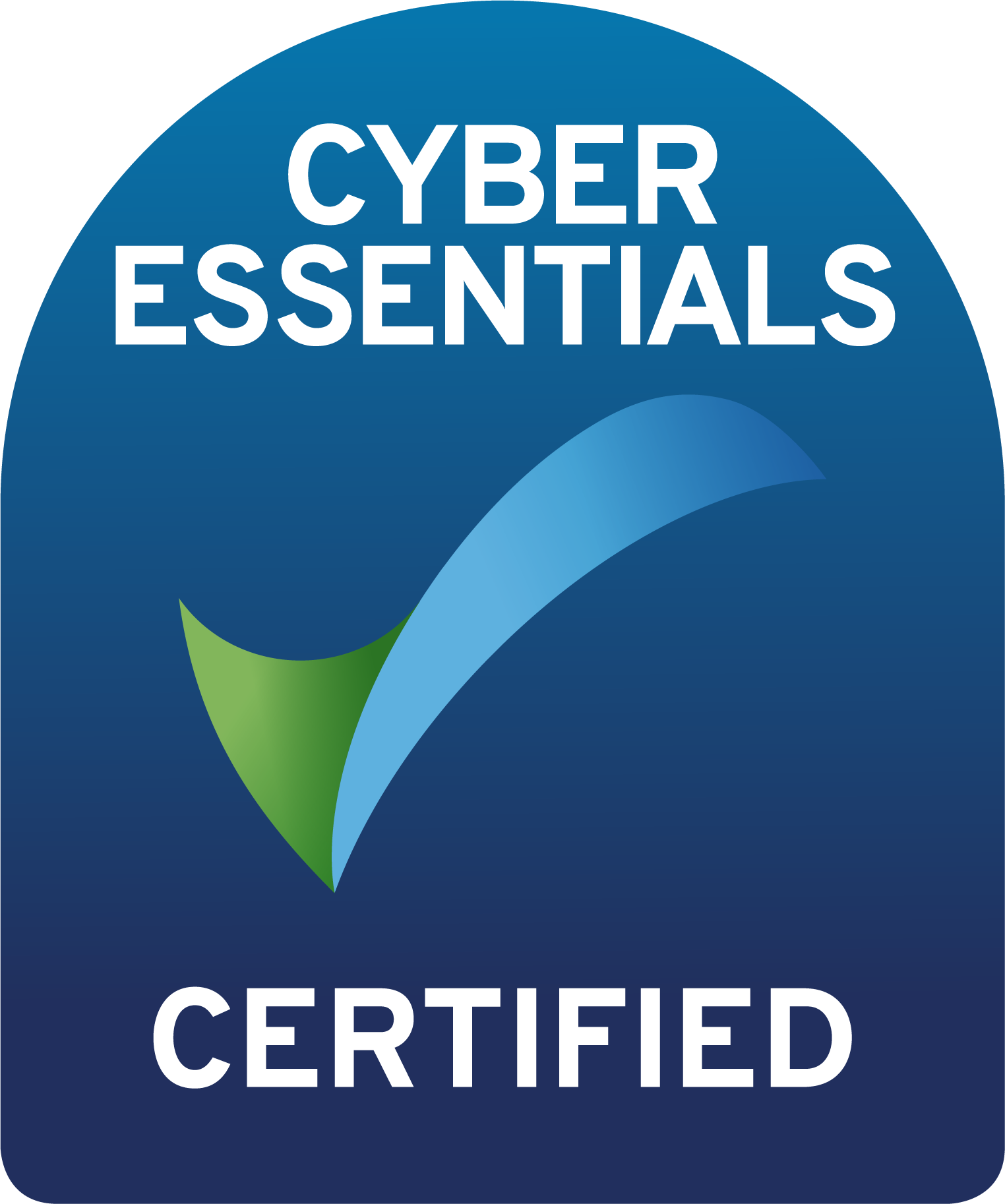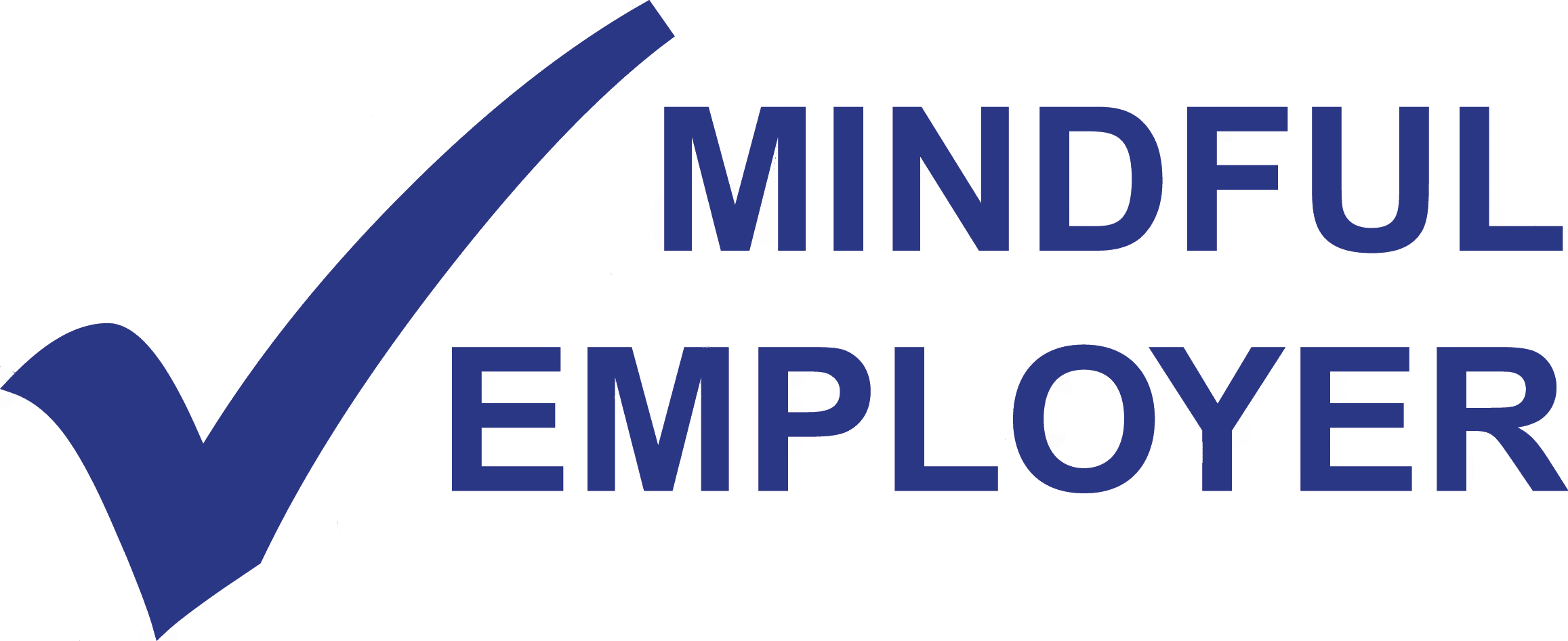Occupational Health often gets confused with Occupational Therapy and the two are different but do have similarities. Occupational Therapy aims to improve the ability of patients to manage everyday tasks that fit and able-bodied people manage without thinking about, such as cooking, washing, dressing etc.
What is Occupational Health?
Occupational Health works with employers and employees looking at the effect of work on health and health on work. Occupational Health is an impartial service working on behalf of both parties to keep people at work and to get people back to work.
But the employee has already seen their GP or Specialist?
A GP is a primary caregiver and is focused on the diagnosis, treatment, and prognosis. The Occupational Health Adviser (OHA) or Occupational Health Physician (OHP) is an expert on the specific needs of a job role/work/ work environment and health. However, the OHA or OHP may seek written consent to write to a GP or specialist to gather further information to assist the Occupational Health assessment.
What is a management referral?
If you have a member of staff who is off work due to illness or injury or a member of staff who is at work with illness or injury, it can be tricky to know how to manage them. What can they do? What can’t they do? When will they be back?
Occupational Health is a formal route you can refer your employees to where you can ask specific questions that will help you manage the member of staff and keep your organisation legally compliant.
Why can’t the employee refer themselves?
Self-referrals are not advisable when advice is being sought on managing someone’s ill health at work. Occupational Health is an impartial service and in order to maintain that we need information from the employer and the employee.
The only way to get the employer’s perspective is from the information contained in a management referral. To help you manage you need to ask questions relating to the job role and the person. If Occupational Health doesn’t have that the only information they will have is from the employee during the appointment. The more background information you can give the better.
5 Reasons to have Occupational health
- To help you manage employees who come under the Equality Act 2010 and to make reasonable adjustments
- Keep your organisation legally compliant.
- Proactive management of ill health and disability in the workplace
- Helps employers and employees through what can often be complex situations
- Demonstrates to employees that the organisation wants to make adjustments for ill health and be empathetic
How do I know which OH provider to go with?
Knowing which Occupational Health provider is any good can be hard, go with word of mouth and personal recommendations, and ask colleagues in similar organisations who they use.
Occupational Health does have a voluntary regulatory body called SEQOHS (Safe, Effective, Quality, Occupational Health Service). Go to their website and find the page ‘Purchasers of OH Services. They also have a complete list of accredited services.
Occupational Health should work in partnership with your organisation and complement your culture and values, if it doesn’t it may be time for a change.
As occupational health providers, we help ensure that you and your employees are compliant with our health surveillance and safety-critical medicals.
If you want to take the first step towards a safer work environment then give us a call today, we’d love to hear from you!




